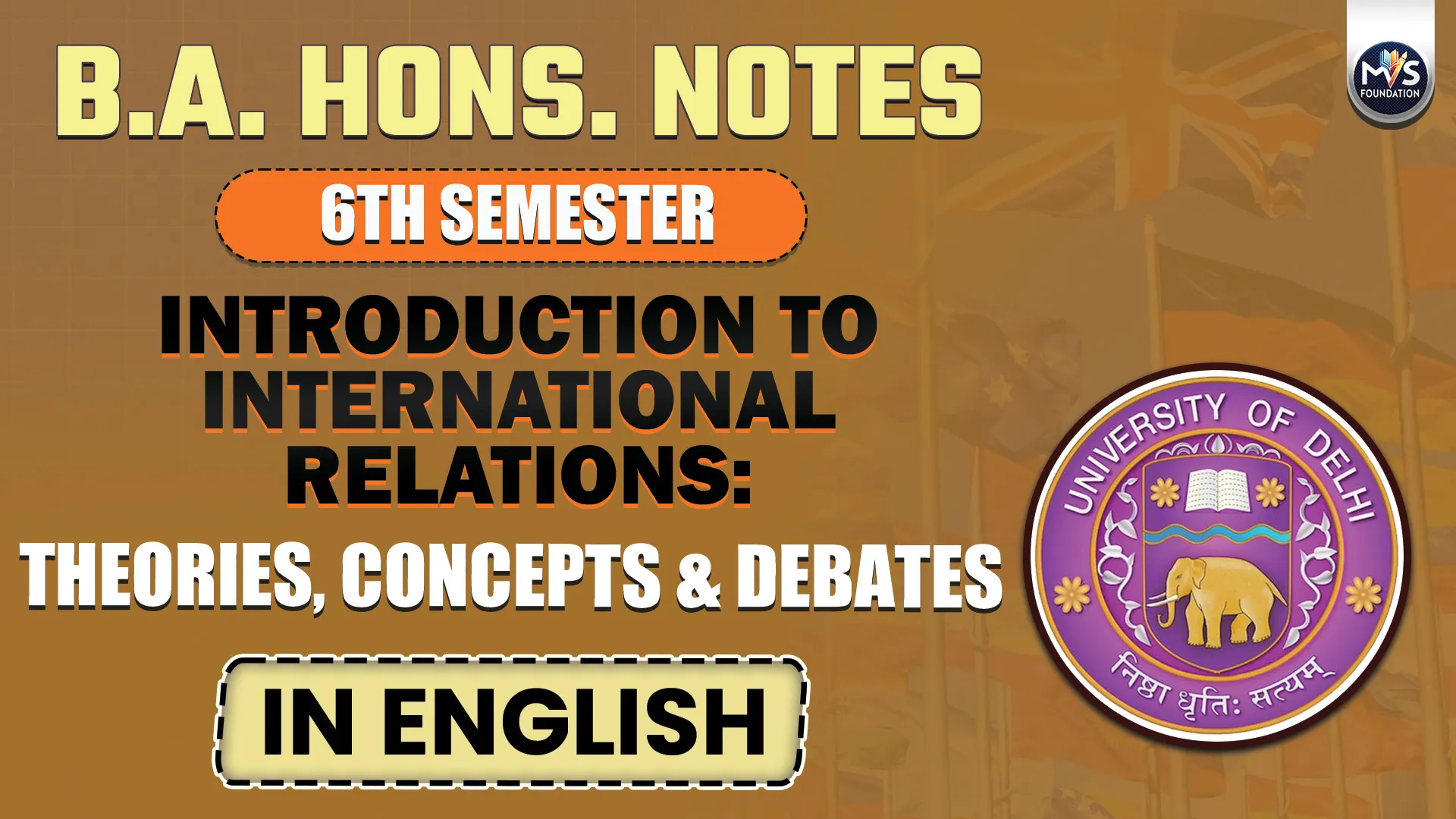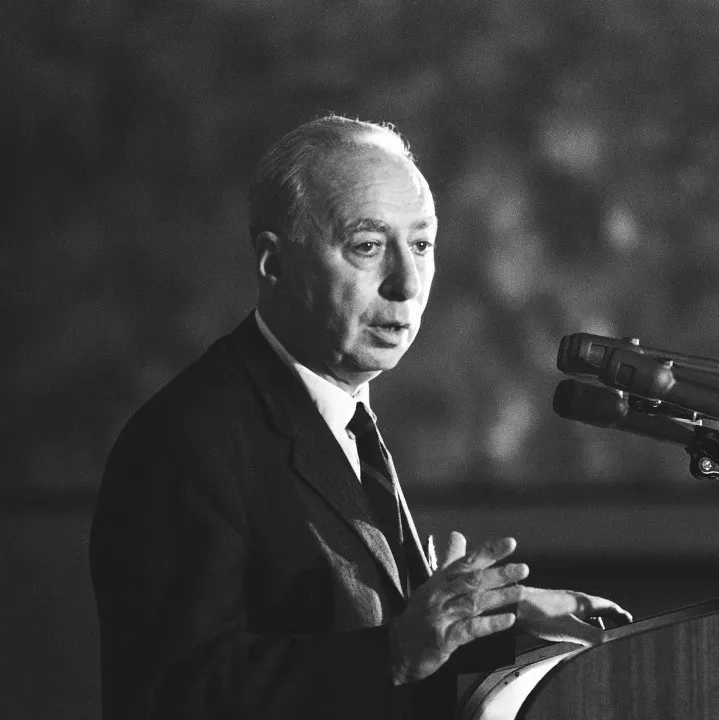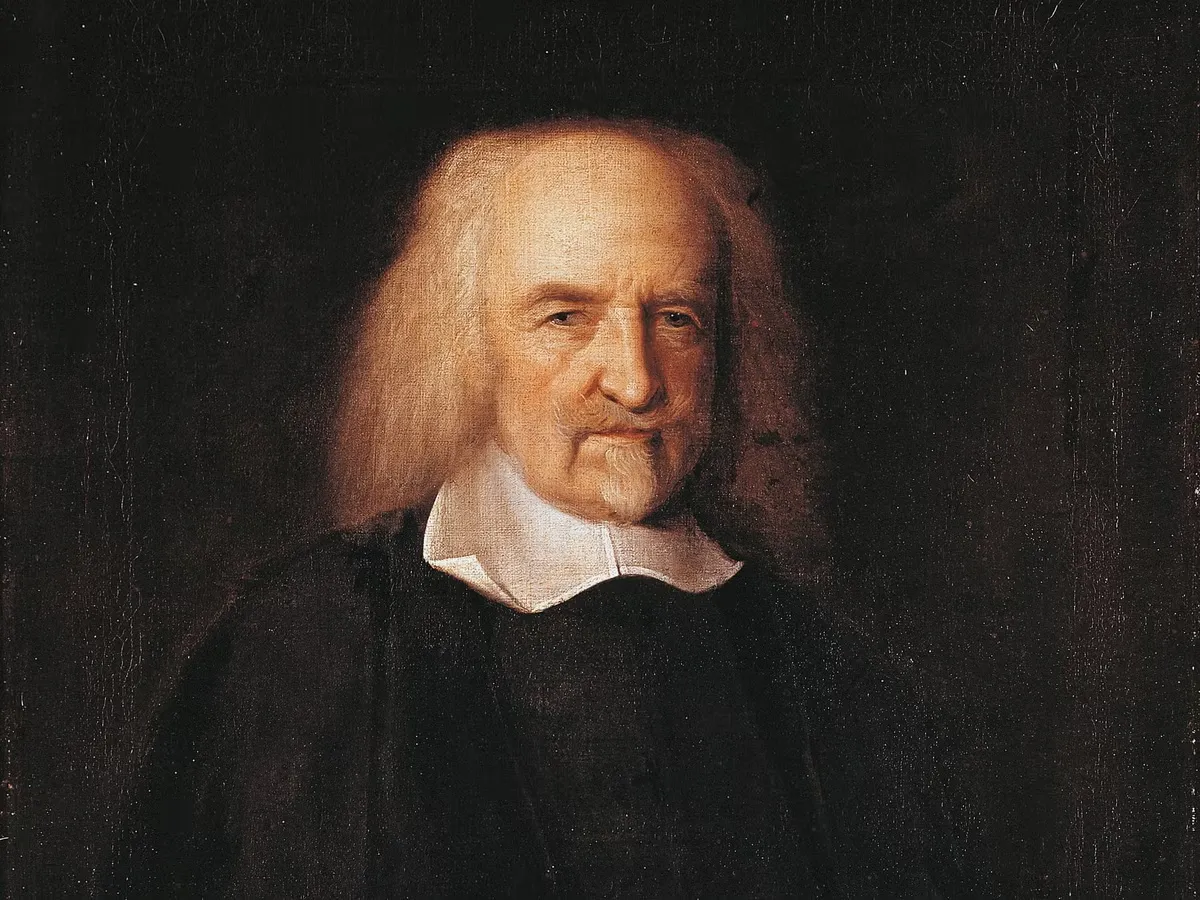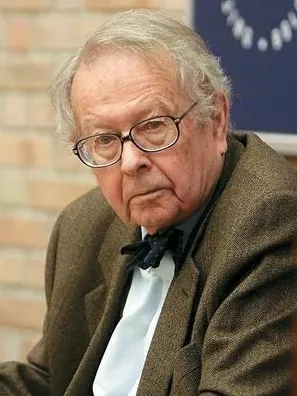
Get in Touch
We will get back to you within 24 hours.
Welcome to MVS Blog

Q. 1-What is International Relations? Evolution of International Relations and Compare the Perspectives of Realism and Idealism.
Answer
Introduction
International relations (IR) is the study of relationships that transcend the borders of countries. It includes topics such as international politics, global economy, cultural relations, foreign policy, terrorism, media, and social movements. The purpose of international relations is to maintain good relations between countries and promote peace and development globally.
In simple words, international relations allow countries to work together, share resources, and find solutions to global problems that are not limited to just one country or region.
Definitions of International Relations by Major Philosophers:
| Hans Morgenthau: A major figure in the field of international relations, in his work "Politics Among Nations: The Struggle for Power and Peace" (1948), he defined international relations as a "struggle for power among states." |  |
| Thomas Hobbes: Known for his work "Leviathan", he believed that maintaining peace in society requires a strong government and a social contract among all, which helps in understanding international relations. |  |
| Kenneth Waltz: de is known for his neorealist theory of international relations. Waltz in his book "Theory of International Politics" (1979) defines international relations as "a sphere of political activity". |  |
Evolution of International Relations:
The development of International Relations (IR) has been a long and complex process, encompassing many important events and theoretical developments from ancient civilizations to the rise of the nation-state system in the 17th century, which shaped it as an academic subject and established the study of relations between states and doers on a global scale.
1. Treaty of Westphalia (1648) : It gave birth to the concept of the nation-state and ended the 30 Years' War. It gave legal recognition to the state and its sovereignty, which became the basis of modern international relations.
2. Era of Diplomatic History (Before 1919): Before the First World War, international relations were mainly focused on diplomatic history and foreign policy. It was studied only by diplomats and historians. Wars and alliances were considered natural in this period, so efforts to stop it were few.
3. The era of political reformism (1919-1939) : After the First World War, attempts were made to reform international politics through the establishment of the League of Nations. At this time, scholars believed that the development of international institutions was necessary for peace and security.
4. Second World War and Global Outlook (1939-1945) : After the Second World War, international relations took a global form. Every nation began to try to link its interests with global peace, security and development. At this time international relations developed in a more organised and institutionalized form.
5. Modern era (after 1991) : The end of the Cold War and the process of globalization changed the nature of international relations. Now international organizations have played an important role in cooperation and solution at the global level on economic, environmental, cultural and human rights issues between countries.
Comparison of the perspectives of Realism and Idealism:
Realism:
Main idea: Realism assumes that states in intemational relations act to protect their own security and national interests. It believes that the world is anarchic and that power is the most important factor.
According to the realist view, human nature is selfish, and states struggle to increase their security and power.
Role of the Nation: The state is considered to be the most important actor, and it is above any international institution or law.
Cooperation: Realists assume that international cooperation is temporary and status-dependent, as the main objective of each state is to increase its power and security.
Idealism:
Main idea: Idealism believes that cooperation, peace and justice are possible in international relations. It believes that states can cooperate with each other by following humanity and moral principles.
According to the idealism approach, human nature is basically good and peace is possible by following the right path.
Role of the state: In idealism, international institutions, laws and moral principles are considered important. The state needs to work through these institutions.
Cooperation: Idealists believe that international cooperation is permanent, and peace and cooperation can be established through the right policies and institutions.
Conclusion
Ultimately, the nature of international relations is changeable. Whenever there is a change in the environment, factors and events of international relations, change in the methods and approaches of studying it is also inevitable. Moreover, this change is not permanent but continuous.
0 Response